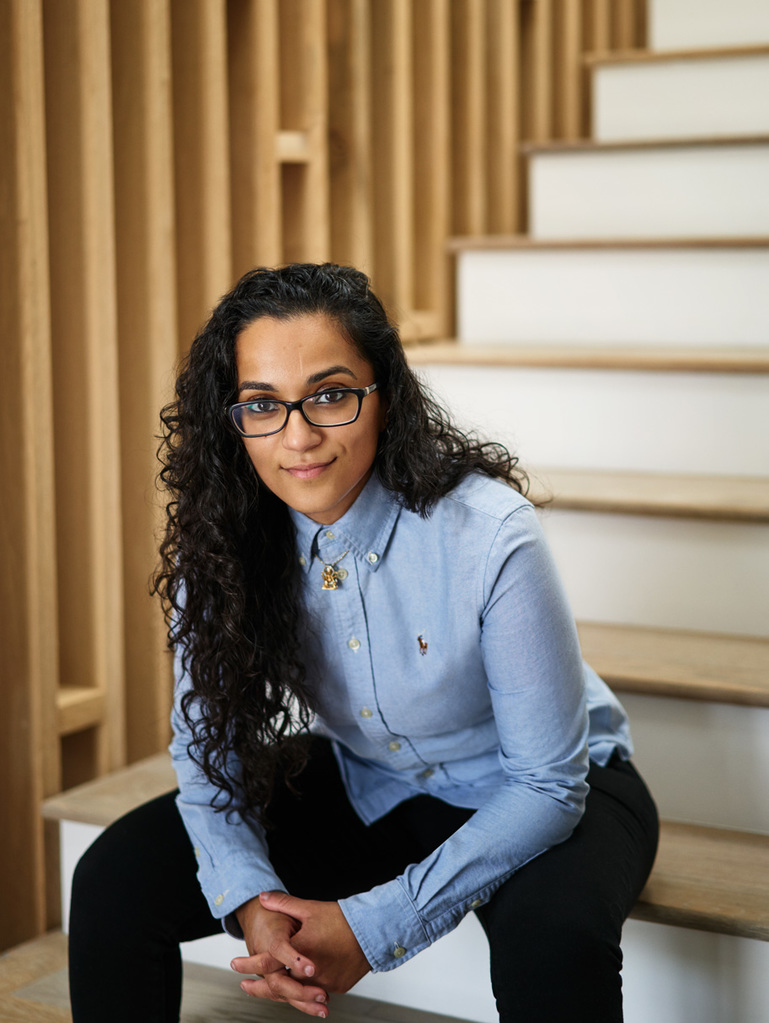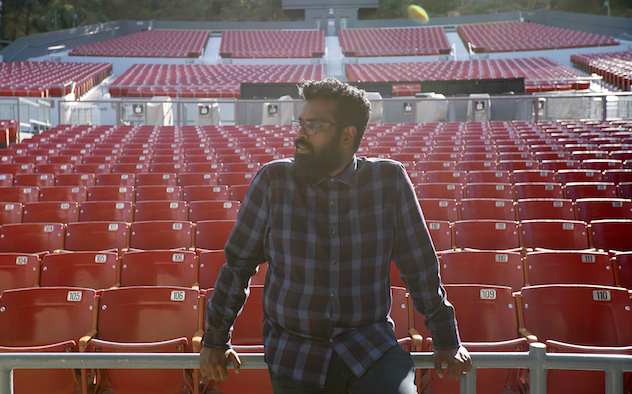Sonya Passi has seen it happen too many times: domestic abuse survivors finally building up the courage to leave their abusers, only to be forced, because of financial insecurity, to return years later or lose custody of their children.
Fortunately, Passi has a solution.
Passi is the founder and CEO of FreeFrom, a non-profit that looks to patch up the holes in a system that exacerbates domestic violence. According to Passi, “the No.1 reason women stay with their abusers is financial insecurity, and the number one reason they go back is financial insecurity.”
Passi’s fight goes back to her days in high school in the U.K., when she would host domestic violence awareness weeks for students. Since then, raising awareness and resources for victims of domestic violence has been at the core of her activism.
She has since been shocked to learn that many abused women and men lose custody of their children to their abusers, or are unable to gain compensation for years of abuse, because lawsuits and appeals can be expensive and many lawyers find these cases to be too risky. While while pursuing her law degree at UC Berkeley, Passi formed the Family Violence Appellate Project (FVAP). With her law classmates, Passi helped survivors of domestic violence sue their abusers for compensation and, in the process, set invaluable legal precedents which courts thereafter had to abide, making it easier for future victims to receive justice.
“When I went to law school here it wasn’t because I wanted to be a lawyer,” Passi said, on her desire to help people by effecting systematic change. “It was because I wanted to do work in this space, and I felt very strongly that understanding the structure and systems within which this violence occurs would really give me a framework from which to tackle it.”
So Passi founded FreeFrom.
Passi’s approach to solving the problem is threefold: First, FreeFrom helps domestic abuse victims seek compensation in court. Second, FreeFrom helps survivors rebuild their credit. And third, the organization provides entrepreneurial training to help survivors build their own small businesses and maintain financial security and independence.
One of the organization’s most recent projects is called Gifted, a monthly subscription service that will give subscribers a gift box filled with cosmetic products and other small gifts handmade by FreeFrom’s clients. Subscribers can enjoy indulgent products while helping survivors of domestic abuse stay free of their abusers and live out their creative potentials.
As important as it is to make sure her clients never have to return to abusive situations, just as vital for Passi is helping survivors live rewarding and fulfilling lives. “Everything we do is helping people live their best lives,” Passi said. “We’re not meeting survivors in places of victimhood, we’re meeting them in places of power and resilience and strength. Everything we do is so much fun because everything we do is about watching people live out their potential. They just need a fair shot because they’ve already got everything else that they need.”
Passi’s work with FreeFrom impacts the lives of real people and real survivors of domestic violence and their children. But Passi doesn’t want to help just one or two or 300 people.
“I’m in it to fix broken systems,” she said. “The system is failing people, and what I hope is that FreeFrom helps shift the paradigm. And that’s the kind of work that excites me, system change. The piece that I want to do is, I want to fill in the gaps. I want to be innovative, and creative and come up with solutions for problems that still exist within the movement.”
Victory over domestic violence and violence against women would mean a complete makeover for the system that allows it to thrive. The task can be challenging, and the mission daunting. “I get out of bed every day and I do this work because the gaps are too big,” she said. “The problem is too big and the gaps are too big. We live in a society that fails its most vulnerable and fails to recognize the power of its most vulnerable.”
Ultimately, it is the survivors themselves and their resilience that push Passi to keep fighting.
“I believe very strongly that everyone deserves to live out their creative potential,” Passi said. “And I want to create a world where survivors can do that.”
This article is a part of a series of portraits and stories, in celebration of Asian Pacific American Heritage Month, on API women who use their perspectives and voices to speak up and impact their communities. Read more here.







